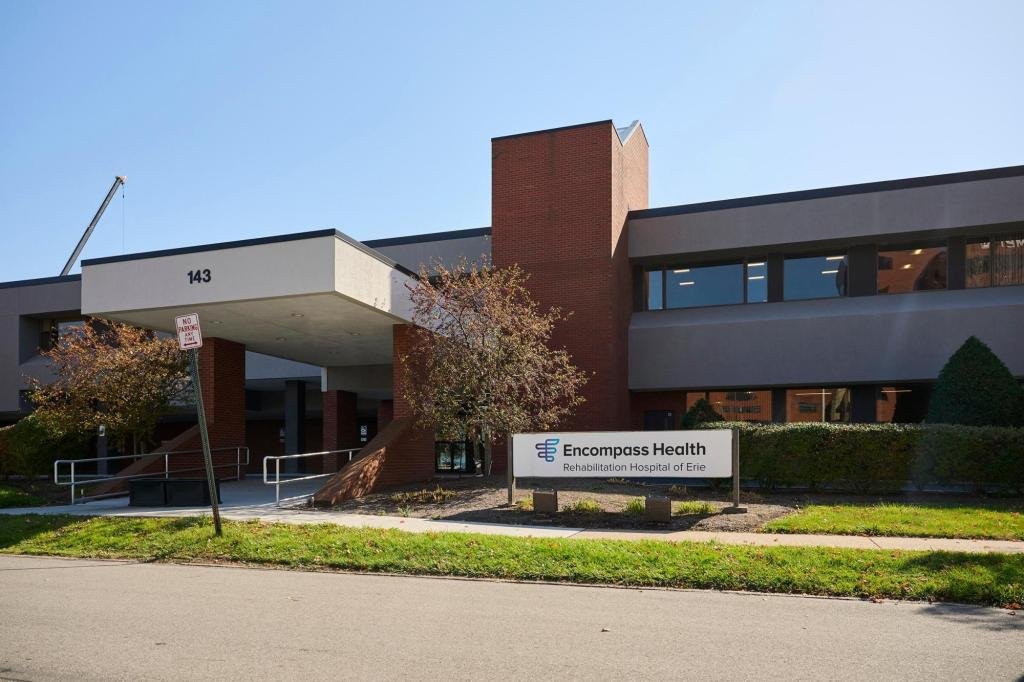The Rise and Risks of For-Profit Rehabilitation Hospitals: An In-Depth Analysis
The landscape of rehabilitation hospitals, particularly those assisting patients recovering from major surgeries and injuries, has evolved dramatically in recent years. This sector, especially as highlighted by for-profit entities like Encompass Health Corp., has become a lucrative component of the healthcare market. However, federal data and inspection reports reveal a concerning trend: some of these facilities are associated with serious patient harm incidents and often fall below safety standards set by Medicare.
Despite these findings, consumer awareness remains low. Unlike nursing homes, rehabilitation hospitals are not consistently required to disclose safety violations, and Medicare lacks a straightforward five-star rating system for these facilities. This lack of transparency can leave families and patients uninformed about potential risks, despite grave incidents illustrating the need for caution. For example, the deaths of patients due to negligence at Encompass-operated hospitals have raised urgent questions about the safety measures in place at these facilities.
Encompass Health, which operates 168 hospitals and reported a staggering number of admissions in the last year, has become a dominant player in the rehabilitation sector. Analysis reveals that in 2023, standalone for-profit rehab hospitals surpassed nonprofit facilities in patient admissions. This shift indicates a growing preference for for-profit models, driven partly by their provision of intensive rehabilitation services, such as three hours of therapy per day, for five days a week. However, this aggressive growth has not come without significant concerns, particularly regarding patient care quality and safety.
Federal performance data shows that, while Encompass hospitals excel in facilitating patient transitions home, they are also responsible for a concerning number of potentially preventable readmissions. Insights from Medicare indicate that Encompass, despite its size, operates numerous facilities with subpar outcomes in preventing readmissions, raising alarm bells about the quality of ongoing patient care after discharge. With a notable portion of hospitals receiving ratings significantly worse than the national average for readmission rates, the question arises: is profit-taking precedence over patient safety in these facilities?
Encompass Health has faced scrutiny not only for readmission issues but also for alarming safety violations. Various incidents, including patient deaths linked to serious negligence, paint a troubling picture of care standards. For instance, patients like Elizabeth VanBibber were victimized by failures in safety protocols during hospital construction, leading to tragic outcomes such as carbon monoxide poisoning. The lack of accountability faced by rehab hospitals post-violation is another significant concern, as Medicare possesses no authority to impose fines for safety violations, nor to effectively penalize entities similar to nursing homes.
As Encompass expands, taking over local nonprofit rehab units in exchange for equity stakes, its longstanding history of governance issues becomes more critical. From surviving a major accounting scandal to settling allegations of improper billing practices, the company’s trajectory raises crucial questions about ethical standards and quality assurance. The federal government’s oversight in ensuring safety and quality care remains limited, particularly in developing accessible and transparent rating systems for rehab facilities, prompting advocacy for a regulatory overhaul.
In conclusion, while for-profit rehabilitation hospitals like Encompass Health have revolutionized patient care availability and operational models, the associated safety risks and accountability gaps cannot be overlooked. The urgency for comprehensive reform and transparency in safety standards is essential in safeguarding patient welfare to ensure that profit does not compromise the vital care that individuals expect when seeking rehabilitation services. As the rehabilitation landscape continues to evolve, informed consumer choice and robust regulatory measures will be pivotal in shaping the future of care in this industry.





